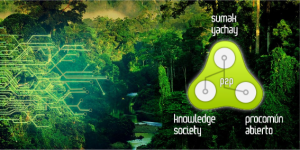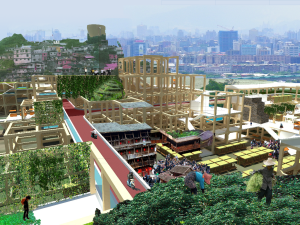
We Need a Magna Carta for the Internet
Huffington Post, 6 May 2014
These comments are adapted from a talk to the Net Mundial conference in Brazil on May 4.
“Twenty-five years ago, when the Internet had been running for 20 years, there was internet mail and net news and remote login, but there was no web. No web sites, web pages, links. So I invented the World Wide Web. As the project grew, I needed collaborators. To achieve that, I went to the Internet technical community.
Specifically, I founded the World Wide Web Consortium (W3C), a multistakeholder organization that develops open standards to ensure the long-term growth of the Web. W3C works on different aspects of Internet technology with numerous organizations, including the Internet Engineering Task Force, ECMA/TC39, IANA, and ICANN.
Hopefully you all agree that we have done a reasonable job. The Web, and its underlying Internet infrastructure, have been an enormous engine of growth and understanding for society. It has been the collaboration between these multi-stakeholder organizations which has made this possible.
Our technical community achieved this contribution with little oversight from governments. In fact, our “OpenStand” vision is that the right way to build a technical infrastructure for society is through multi-stakeholder technical groups where decisions are made in the public interest and based on technical merit. Discussion is open. Documents are available for free on the web. In W3C specifically, companies commit that as the standard emerges, they will not charge royalties to those who implement it.
The web needs to remain a system which exists without regard to national borders. Today most of the work is already done in the non-national Internet technical community. I was also pleased to hear that ICANN is beginning a dialogue to create a multi-stakeholder review process to replace that of the U.S. government. That is appropriate because ICANN services the global public interest.





